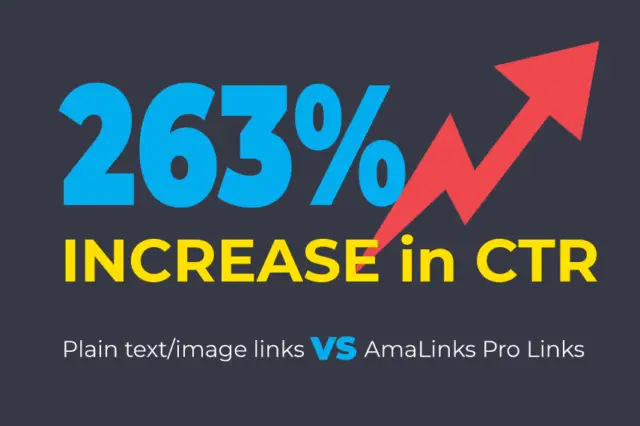
Learn about the Udacity affiliate program.
Udacity.com is an online educational platform that offers “Nanodegree” programs, specialized courses, and other learning experiences primarily in the fields of technology and business. Its courses cover a wide range of subjects such as data science, artificial intelligence, programming, autonomous systems, and digital marketing, among others. Established with the primary goal to democratize education, Udacity aims to equip learners with the skills they need to further their careers or transition into new industries.
Historical Background: Udacity was founded in 2012 by Sebastian Thrun, David Stavens, and Mike Sokolsky. The origin of Udacity can be traced back to an experiment at Stanford University. In 2011, Sebastian Thrun and Peter Norvig decided to offer their “Introduction to Artificial Intelligence” course online, free of charge. The initiative was groundbreaking, attracting over 160,000 students from across the globe. This overwhelming response was a testament to the enormous demand for accessible, high-quality education, especially in specialized tech fields.
Spurred by this success, Thrun, Stavens, and Sokolsky saw the potential for a broader platform that would offer a variety of courses. Thus, Udacity was born. The name “Udacity” is a combination of “audacity” and “university”, symbolizing the ambitious endeavor of offering university-style courses with a revolutionary approach.
The Nanodegree Model: One of Udacity’s most distinct features is its “Nanodegree” program. A Nanodegree is a credential that reflects the completion of a particular curriculum designed in collaboration with industry partners. The aim of these programs is to provide learners with job-relevant skills. What sets Nanodegrees apart is their focus on hands-on projects and real-world applications.
The typical structure of a Nanodegree program involves a series of courses, interspersed with projects that students must complete to demonstrate their understanding and capability. On completing the program, students receive a certificate, showcasing their proficiency in the subject matter.
Collaboration with Industry: Udacity’s curriculum is developed in close collaboration with leading companies in the tech industry. Companies like Google, Facebook, Amazon, and IBM have partnered with Udacity, ensuring that the content remains relevant to the needs of the modern tech industry. This partnership is beneficial for both students and these companies. While students acquire industry-relevant skills, companies have access to a pool of talent that is trained as per their requirements.
Global Reach and Accessibility: From its inception, Udacity has placed a significant emphasis on accessibility. It aimed to bridge the gap between traditional education and the demands of the ever-evolving tech industry. Udacity’s courses are available globally, and many of its offerings are free of charge. This approach ensures that learners, regardless of their geographical location or financial status, can access high-quality educational content.
Scholarships and Initiatives: In its journey to democratize education, Udacity has also introduced various scholarships and initiatives. These scholarships often target underrepresented groups in the tech industry, such as women, minorities, and individuals from lower socioeconomic backgrounds. By doing so, Udacity strives to create a more inclusive tech community and offers opportunities to individuals who might otherwise be overlooked.
Reception and Criticism: Like any platform, Udacity has had its share of both praise and criticism. On the positive side, many students and professionals have lauded the platform for its up-to-date curriculum, industry-relevant courses, and the tangible skills they’ve acquired. The hands-on approach, with real-world projects and mentorship, is often highlighted as one of its strong points.
There have been criticisms as well. Some users have pointed out inconsistencies in course quality, while others believe that the cost of certain Nanodegree programs is on the higher side. There have also been debates on the actual job-readiness provided by some of the Nanodegree programs and whether they hold as much weight as traditional degrees in the job market.
Udacity.com has undeniably left a significant mark on the world of online education. By emphasizing real-world skills and collaborating closely with the tech industry, it has offered many a pathway to new careers and skill enhancement. As the online education sector continues to evolve, platforms like Udacity will likely play a central role in shaping the future of learning and professional development.
Did you know that Udacity has an affiliate program?
Here is some basic information about what Udacity is all about. Check it out, and if you are interested there is a link below to access the Udacity affiliate program.
Learn the Latest Tech Skills; Advance Your Career, Udacity – Advance your career with online courses in programming, data science, artificial intelligence, digital marketing, and more. Built with industry leaders.

Miles Anthony Smith
Miles is a loving father of 3 adults, devoted husband of 24+ years, chief affiliate marketer at AmaLinks Pro®, author, entrepreneur, SEO consultant, keynote speaker, investor, & owner of businesses that generate affiliate + ad income (Loop King Laces, Why Stuff Sucks, & Kompelling Kars). He’s spent the past 3 decades growing revenues for other’s businesses as well as his own. Miles has an MBA from Oklahoma State and has been featured in Entrepreneur, the Brookings Institution, Wikipedia, GoDaddy, Search Engine Watch, Advertising Week, & Neil Patel.
Commission Rate & Cookie Information
Udacity offers a commission of $100 Per Lead and their cookie lasts for 30 Days.
For more information about this offer: View the Udacity homepage


